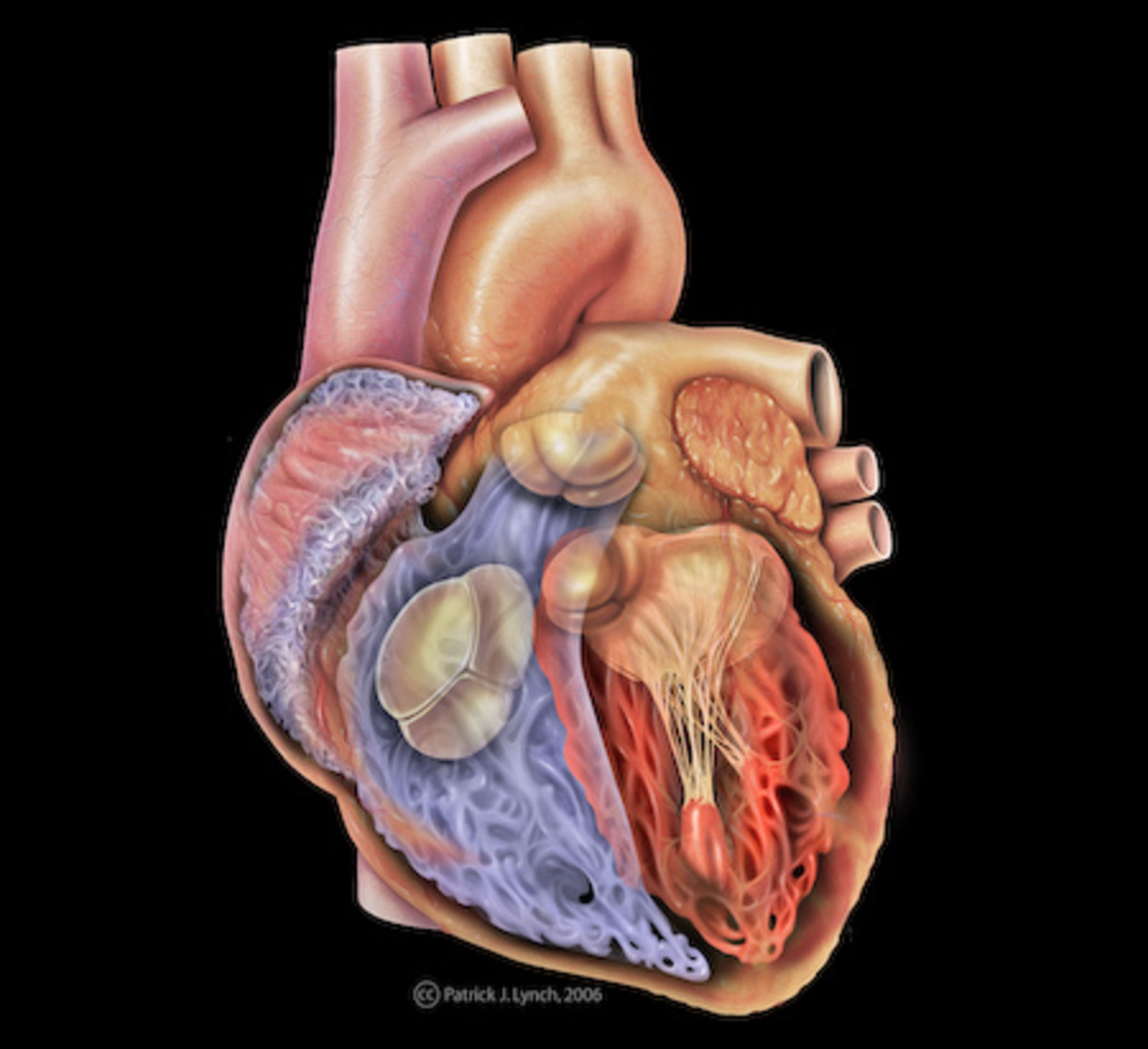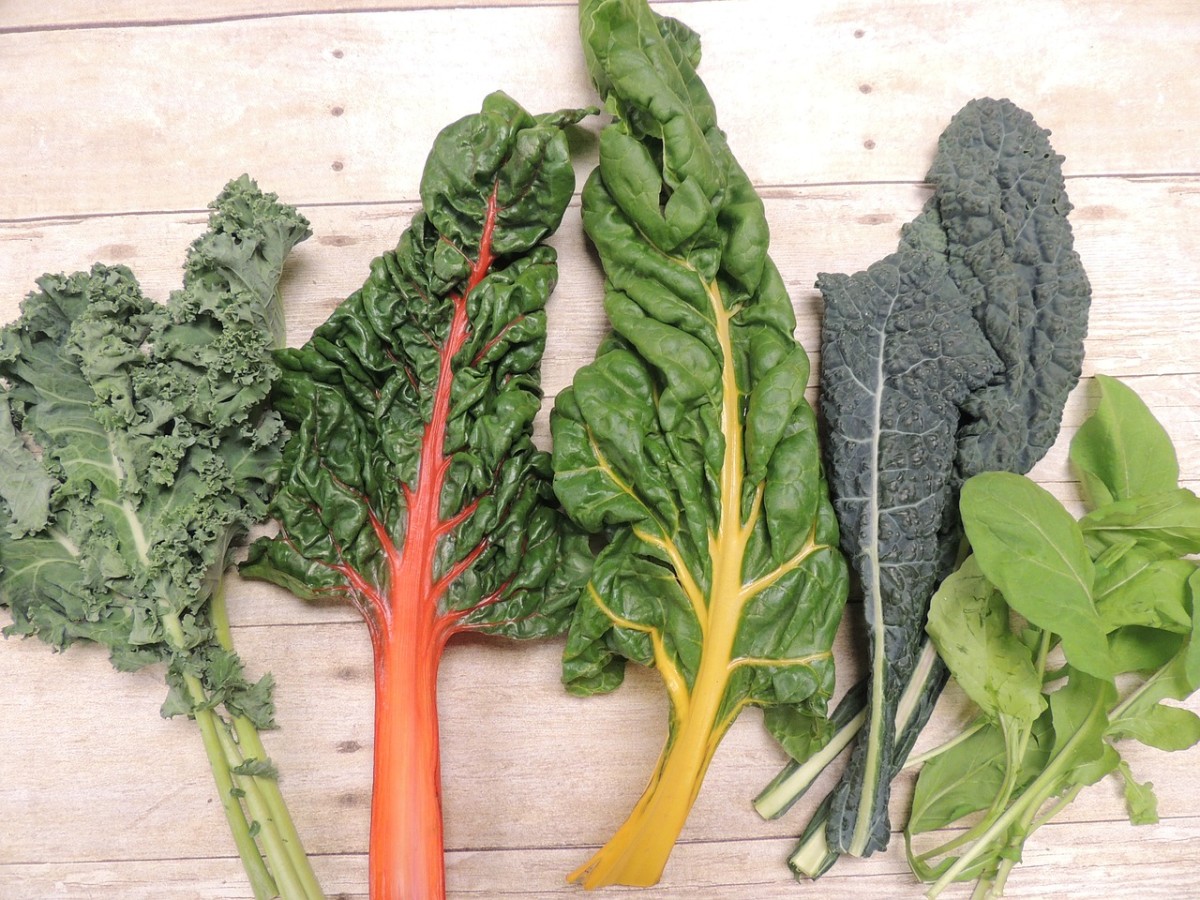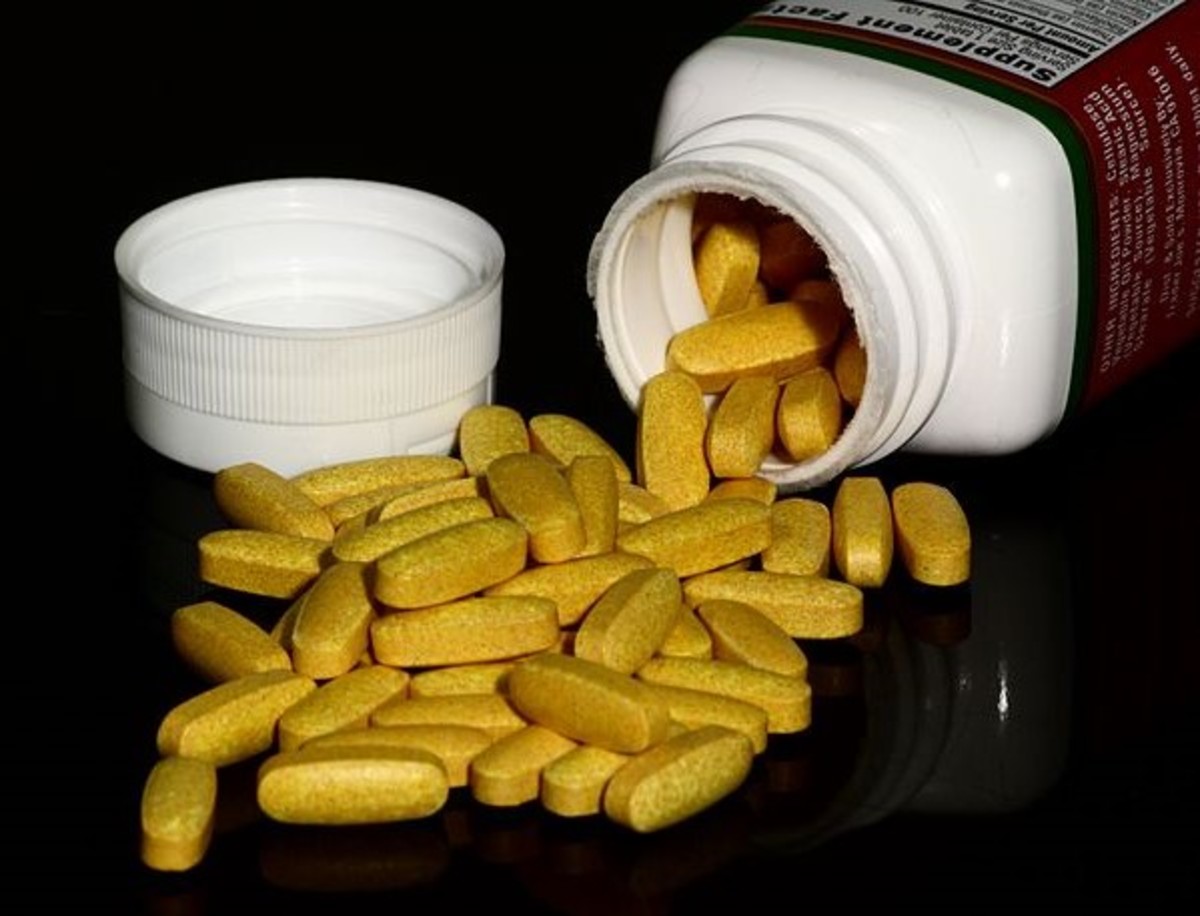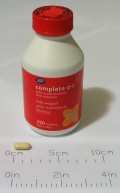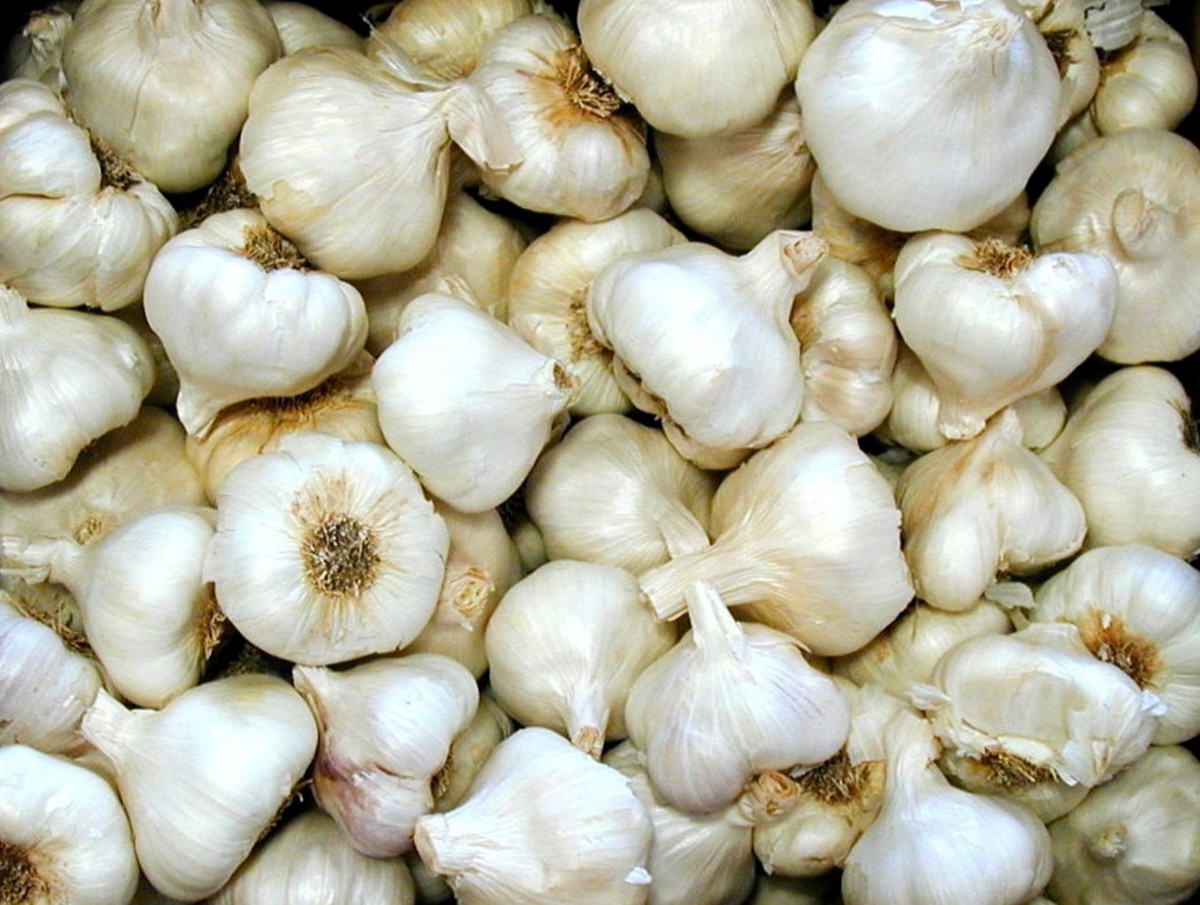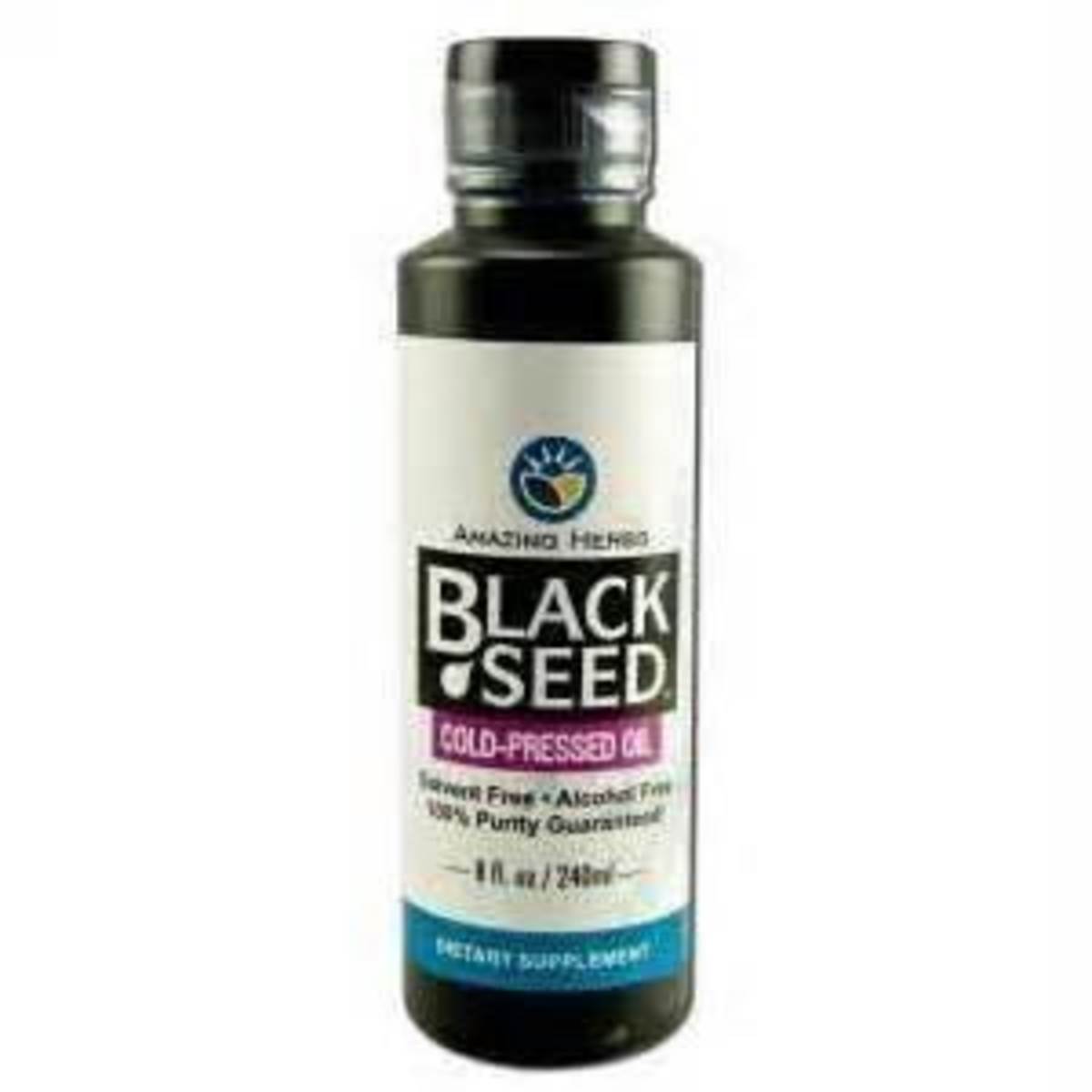Supplements - Needed or Waste of Money?
The medical community suggests that the best way to maintain health is to eat a balanced diet including lots of fruit and vegetables. The supplement industry agrees, with the caveat: so long as those fruits and vegetables are not grown on the mineral-depleted soils.
Because farming has changed due to science and technology, instead of rotating crops to give the earth time to replenish its nutrient content (which led to decaying bugs and manure serving as great fertilizer), crops no longer need to be rotated if the earth is soaked with the right commercial pesticides and herbicides. Also, plants can be "enhanced" to withstand harsh weather, and pesticides can be used to kill the would-be crop killers. (And now the bugs and manure no longer serve as a great fertilizer due to the chemicals in the plants and soil.)
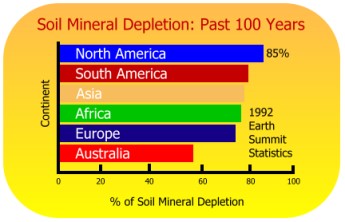
Soil Depletion
The presence of several vitamins and minerals were tracked over the period 1951 to 1999 for apples, bananas, broccoli, onions, potatoes, and tomatoes. Calcium in broccoli, as an example, dropped 62.8%. Vitamin C in potatoes dropped 57.4%.
USDA tests showed spinach in 1948 with 158 milligrams of iron per 100 grams. The iron content of raw spinach today is 2.7 milligrams per 100 grams. The nutrient content of food is reduced even further during processing, transport and storage. Beyond that, the refining process removes 70 to 75% of the minerals from our grains.
In 1936, the US Senate commissioned a scientific study on the mineral content of our food. The results demonstrated that many human ills could be attributed to the fact that American soil no longer provided the plants with the mineral elements which are so essential to human nourishment and nutritional health.
On the other hand, there are a few sites that suggest this is all a myth, but I could find little research backing this, and mostly opinion sites.
How to Obtain RDA
Based upon the farming practices developed since 1936, it is strongly suggested that in order to obtain the recommended daily allowance (RDA) of essential nutrients, eating a healthy, balanced diet isn't enough. Stated another way, we'll need to eat a LOT of food to obtain the RDA.
How much spinach do I need to eat, as an example, to obtain 100% of the RDA for Vitamin E (15 mg)? 1 cup of frozen, cooked spinach provides 6.73 mg of Vitamin E. So, a little more than 2 cups of spinach. Broccoli or sweet potatoes - you would need to eat about 6 cups a day.
The problem with the RDA is that for many nutrients, the amounts are way too low for optimum health and prevention of disease. And so, in order to obtain healthy amounts of Vitamin E, for example, a person would have to eat 25 to 40 POUNDS of spinach EACH DAY. (The range is because there is some debate as to how much vitamin E supplementation is necessary.)
I provide spinach as an example because it's one of the foods that contains MORE of vitamin E than most. Similarly, we would need to eat many pounds of other foods just to obtain a disease-preventative dose of other vitamins and minerals.
Unless you're able and willing to eat many, many pounds of HEALTHY and mostly raw fruits, nuts, and vegetables every day, you need to take a multi-vitamin.
Multi-Vitamins
There are many excellent multi-vitamins on the market. Too many for me to make recommendations other than what NOT to take:
If you were to find a high quality multi-vitamin, you'll soon learn that this will require several pills or tablets. EXCEPT for One-a-Day or Centrum. Somehow, they are able to pack into one little pill the equivalent of several BIG pills in all the other brands.
They don't. Many have suggested that these don't digest well in the stomach and for the most part just pass through your system. I knew one guy who actually went so far as to sift through his feces and he found the Centrum tablet. The story about vitamins clogging sewers, however, has been found to be false.
So, do a little research into which one you'll take, but you should at least take SOMETHING. Especially if you're like me and you don't have the discipline to live on a diet made up primarily of raw vegetables, fruits, and legumes.
Now go be healthy!

